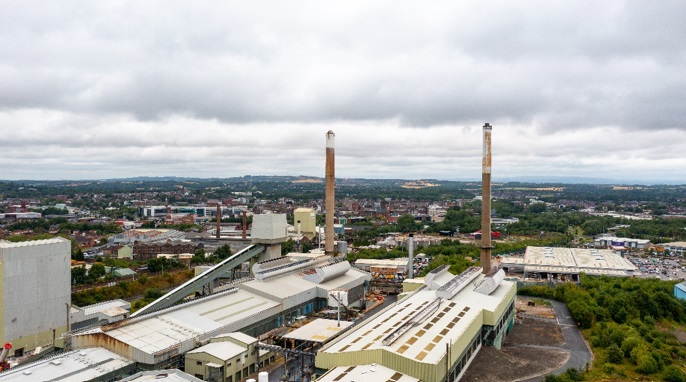Pilkington United Kingdom Limited, a part of NSG Group, plans to use green hydrogen at its Greengate Works site in St Helens. This initiative, in collaboration with Grenian Hydrogen, aims to scale up the production of low-carbon glass by 2027.
The proposed hydrogen plant at Greengate Works is designed to supply up to seven tonnes of zero-emission hydrogen daily, with the potential to eliminate 15,000 tonnes of carbon emissions annually. This initiative positions Pilkington UK as a leader in adopting green hydrogen for industrial processes. However, it is essential to consider whether this scale of hydrogen production and emission reduction aligns with broader industry benchmarks and targets.
Pilkington UK’s plans are part of a growing trend among glass manufacturers to reduce carbon emissions. For instance, companies like Saint-Gobain and AGC Glass Europe are also investing in sustainable technologies, including green hydrogen and electrification. These companies are setting similar or more ambitious targets for carbon neutrality, suggesting that Pilkington UK’s efforts, while commendable, are not unique in the industry.
Pilkington UK emphasizes that low-carbon glass will play a critical role in achieving carbon-free buildings. While the production of low-carbon glass is a positive step, it is one part of a broader decarbonization strategy that includes energy-efficient designs, renewable energy integration, and sustainable materials across the entire construction industry.
The initiative at Greengate Works could serve as a blueprint for other glass manufacturers. However, the scalability and replicability of this model depend on various factors, including economic viability, technological advancements, and regulatory support. The success of Pilkington UK’s green hydrogen project will likely influence other manufacturers’ strategies, potentially accelerating the industry-wide shift towards sustainability.
